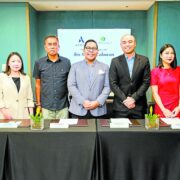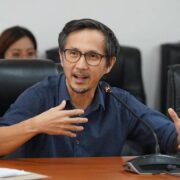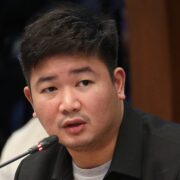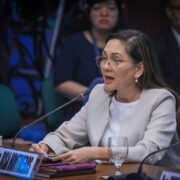Judging concludes for inaugural Asia ESG Positive Impact Awards 2025
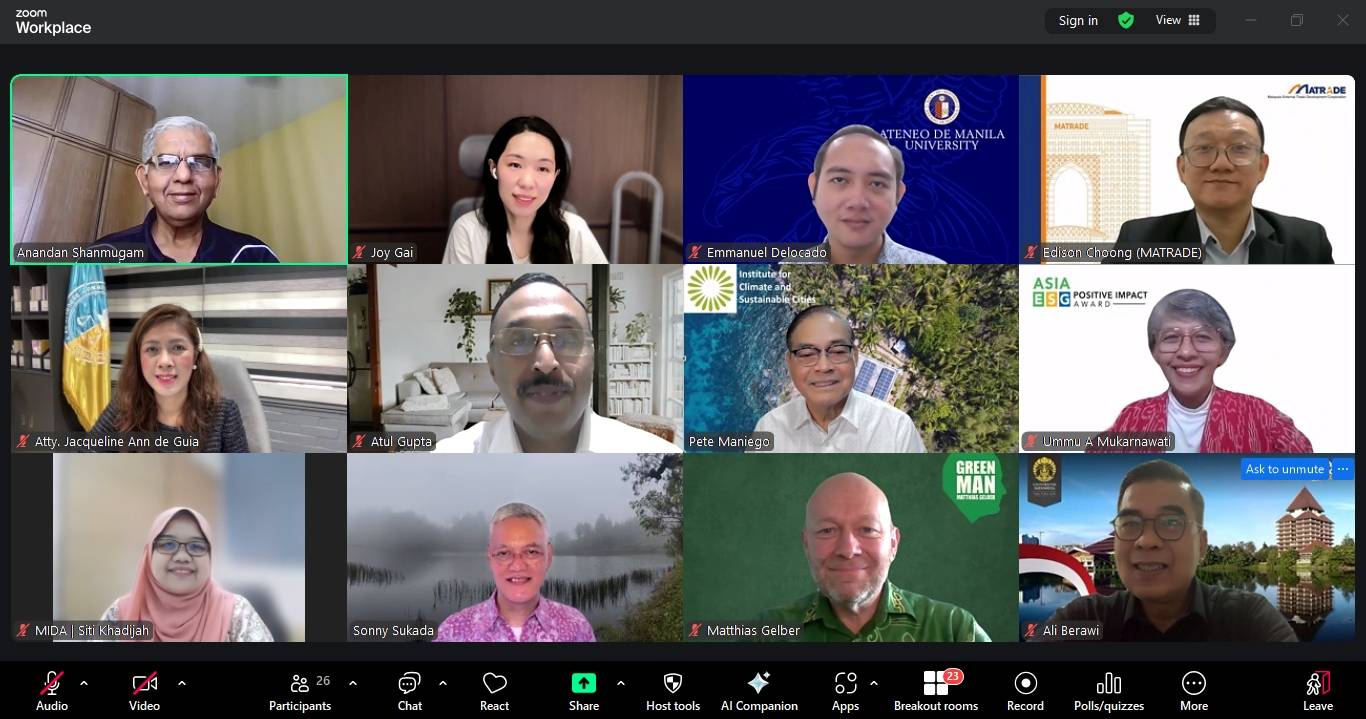
The first Asia ESG Positive Impact Awards (PIA) 2025 judging concluded on Oct. 14, with 54 gold winners from Star Media Group’s (SMG) ESG Positive Impact Awards (Malaysia), the Philippine Daily Inquirer’s ESG Edge Impact Awards (Philippines), and KG Media’s Lestari Awards (Indonesia) presenting their winning entries to an international panel of judges.
At this regional stage, industry leaders demonstrated their commitment to sustainability by championing climate resilience, ethical business practices, social equity, and corporate responsibility while driving meaningful transformation within their industries and communities.
The judging was divided into four panels that evaluated participants through virtual presentations.
Sustainability goals
Ummu Azizah Mukarnawati, the chief judge from Indonesia who is also PT Gagas Inspirasi Nusantara’s cofounder and program director, said organizations today often talk about ESG as if it is everything, when in fact their sustainability goals are paramount.
“ESG is one of the frameworks to achieve these sustainability goals, along with corporate social responsibility and sustainable development. During the judging process, we observed there is still a simplification of terminology related to ESG and sustainability, including understanding DEI and equality, which are the foundations of sustainability philosophy,” she said.
However, she believes organizations are increasingly aware of and taking concrete actions toward ESG within a sustainability framework.
“This is a positive trend, as organizations begin to pay attention to diversity, inclusion, and equity, and are adhering to the principles of the United Nations Guiding Principles on Business and Human Rights to manage the impacts and risks of their operations,” she added.
Major driver
Philippine chief judge and Institute of Corporate Directors chair Pete Maniego highlighted finance as a major driver of sustainability adoption.
“Robust growth in green or transition finance and the push for the Asean Taxonomy are formalizing sustainable capital allocation,” he noted. “Furthermore, large companies that accelerate their efforts in climate risk, decarbonisation, and waste management are often driven by global supply chain demands.”
However, he also pointed out gaps, noting that the quality of data and comparability caused by a lack of standardization presents the primary barrier for investors and a challenge for smaller companies.
He also brought up a disparity in social and supply chain maturity, in that “measurable programs for the social pillar (such as labor rights and fair wages) and effective ESG compliance in the SME supply chain lag behind environmental efforts.”
More nuanced view
According to Edison Choong, the Malaysian chief judge who is also Malaysia External Trade Development Corp. deputy director of Strategic Planning and deputy sustainability lead, ESG adoption continues to grow as organizations move beyond compliance toward sustainable, human-centered growth.
“What’s emerging is a broader, more nuanced view of impact, one that recognizes both measurable outcomes and the intangible value of integrity and purpose. Yet, as regional achievements expand, the challenge lies in harmonizing diverse progress,” he said.
He added that true leadership in this space demands more than metrics and calls for the courage to question convention and the wisdom to see the ecosystem as a living, interconnected whole.
More stakeholders
When asked what more can be done to elevate ESG standards and impact in the region, Ummu replied that understanding the foundations of sustainability is crucial before moving on to ESG, as sustainability involves far more stakeholders.
She said organizations need to identify the positive and negative impacts of their operations and take concrete actions to manage these impacts.
“Multistakeholder synergy and collaboration are crucial because impacts and risks are closely related to many parties,” she stressed.
Maniego said elevation requires a whole-of-nation effort across all sectors to address data, capacity, and incentive gaps.
“For a just transition, no one must be left behind, he said. “Mandatory, phased ESG disclosure (aligned with ISSB/Asean Taxonomy) is critical. Regulators must incentivize high performers with financial benefits and aggressively police greenwashing to build public trust.”
He added that large firms must move beyond internal compliance and invest in SME supply chain capacity-building and technology adoption to ensure region-wide impact.
Choong pointed out that true impact comes when governments, industries, and communities align around shared intent rather than rigid frameworks.
“Policy coherence, purposeful partnerships, and multistakeholder engagement must drive this collective evolution. To elevate impact, we need more real, human stories told by both large and small organizations,” he said.
Nov. 6 event
Beyond celebrating achievement, the event serves as a platform for knowledge sharing, collaboration, and inspiration, uniting ESG pioneers, policymakers, and business leaders to advance sustainability across the region.
The Asia ESG PIA 2025 will be held on Nov. 6 at Sunway Resort Hotel. It is organized by SMG with Sime Darby Property Bhd as the Urban Biodiversity Partner.

